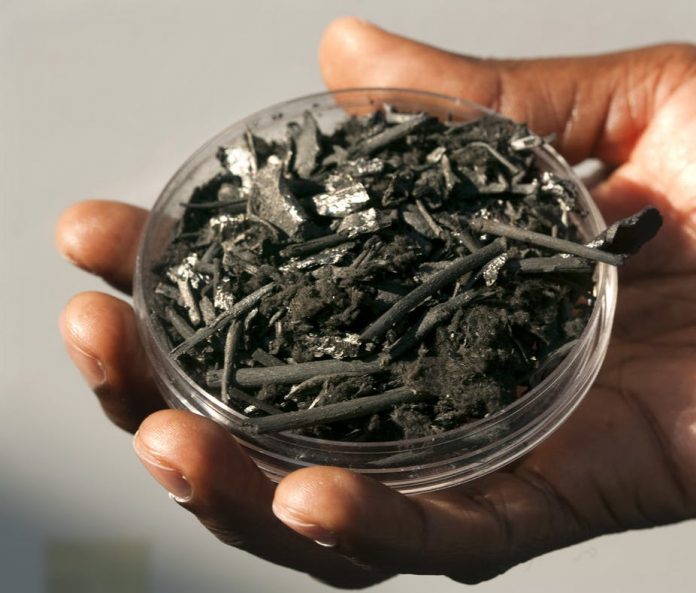By Dries Roobroeck
Farmers in countries like Uganda could help fight climate change – and improve their crop yields – by adding agricultural waste to their fields. The process removes carbon from the atmosphere and stores it in the soil.
It’s a strategy proposed under the United Nations Framework Convention on Climate Change and shown to have strong potential, especially in sub-Saharan Africa, in recent research done by myself and colleagues from Makerere University in Uganda and the University of Natural Resources and Life Sciences in Austria.
Soils can absorb carbon dioxide from the air through a process called carbon sequestration. This is when more carbon is added to the soil than it loses. Carbon dioxide is lost from soils to the atmosphere when plant material, manure and other organic matter decomposes.
Biochar – plant matter that’s been burned using only a little oxygen – is an excellent way to add carbon to soil. Many of the world’s soils already hold charred organic matter which originates from natural and human-made vegetation fires. Biochar is good at storing carbon in soils because its natural breakdown happens very slowly, unlike raw residues or manure. This means it can remove carbon from the atmosphere over a long period of time.
A number of carbon sequestration projects using biochar are already taking place in North and South America, Asia and Europe. For instance by 2020, using biochar from the natural waste of home gardens and public parks, Sweden’s capital city will remove as much carbon dioxide as 3,500 cars emit in a year.



